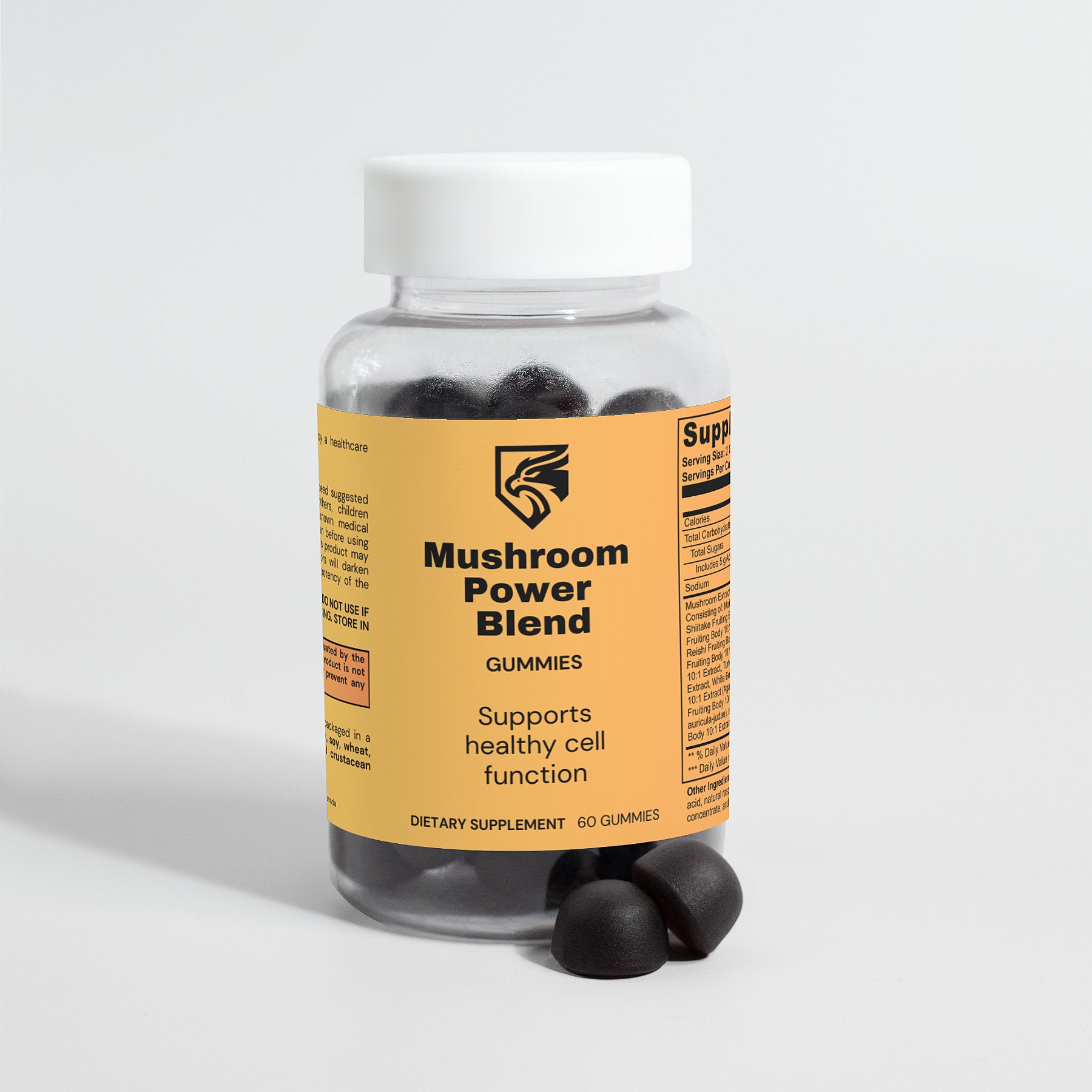Caffeine, a widely consumed stimulant found in coffee, tea, energy drinks, and various supplements, has long been a subject of fascination for researchers and health enthusiasts alike. Beyond its ability to boost alertness and enhance cognitive function, the effects of caffeine on various physiological processes, including hormone levels, have garnered significant attention. Among the many questions surrounding caffeine's impact on the body, one particularly intriguing area of study is its relationship with testosterone levels.
Understanding Testosterone: Testosterone is a crucial hormone primarily associated with male reproductive health, though it also plays essential roles in women's bodies. It contributes to muscle mass, bone density, libido, and overall well-being. Consequently, fluctuations in testosterone levels can influence various aspects of physical and mental health.
The Caffeine-Tesosterone Connection: Research into the relationship between caffeine consumption and testosterone levels has yielded mixed findings. Some studies suggest that acute caffeine intake may lead to a temporary increase in testosterone levels. For example, a study published in the "Journal of Strength and Conditioning Research" found that men who consumed caffeine before resistance training experienced higher testosterone levels compared to those who did not.
However, the magnitude of this increase is often modest and short-lived. While acute caffeine intake might result in a temporary spike in testosterone, the long-term effects of caffeine consumption on hormone levels are less clear.
Potential Mechanisms: The mechanisms underlying caffeine's influence on testosterone levels are complex and not entirely understood. One proposed mechanism is related to adenosine, a neurotransmitter in the brain. Caffeine blocks adenosine receptors, leading to increased neural activity and the release of other neurotransmitters, including dopamine and norepinephrine. These neurotransmitter fluctuations could potentially affect hormone regulation, including testosterone production.
Furthermore, chronic and excessive caffeine consumption may have detrimental effects on testosterone levels. Prolonged exposure to high doses of caffeine can elevate cortisol levels, a stress hormone known to suppress testosterone production. Increased cortisol secretion may disrupt the delicate balance of hormones in the body, leading to decreased testosterone levels over time.
The Importance of Moderation: As with many dietary and lifestyle factors, moderation is key when it comes to caffeine consumption. While occasional intake of caffeine may have minimal effects on testosterone levels and could even provide temporary benefits, excessive or chronic consumption may have adverse consequences. Individuals should be mindful of their caffeine intake and strive to maintain a balanced and varied diet to support overall health and hormone balance.
Conclusion: The relationship between caffeine consumption and testosterone levels is complex and multifaceted. While acute intake of caffeine may lead to a temporary increase in testosterone levels, chronic or excessive consumption could potentially have negative effects on hormone balance. Further research is needed to elucidate the precise mechanisms underlying caffeine's influence on testosterone and to determine the long-term implications for health. In the meantime, individuals are encouraged to enjoy caffeine in moderation as part of a healthy lifestyle.







5 comments
AvZpmafoRJT
UvPRYGOKEZI
VaLBChtPJ
lfHoOgpJxVqR
MvgmqkTZP
neKwvXRQIhVb
CzsIlrhDcRmjxGtY
BOKaqjfpHYR
WhLdFGHOJupxtwC
xglOGqYpTrJIbH
Leave a comment
This site is protected by hCaptcha and the hCaptcha Privacy Policy and Terms of Service apply.